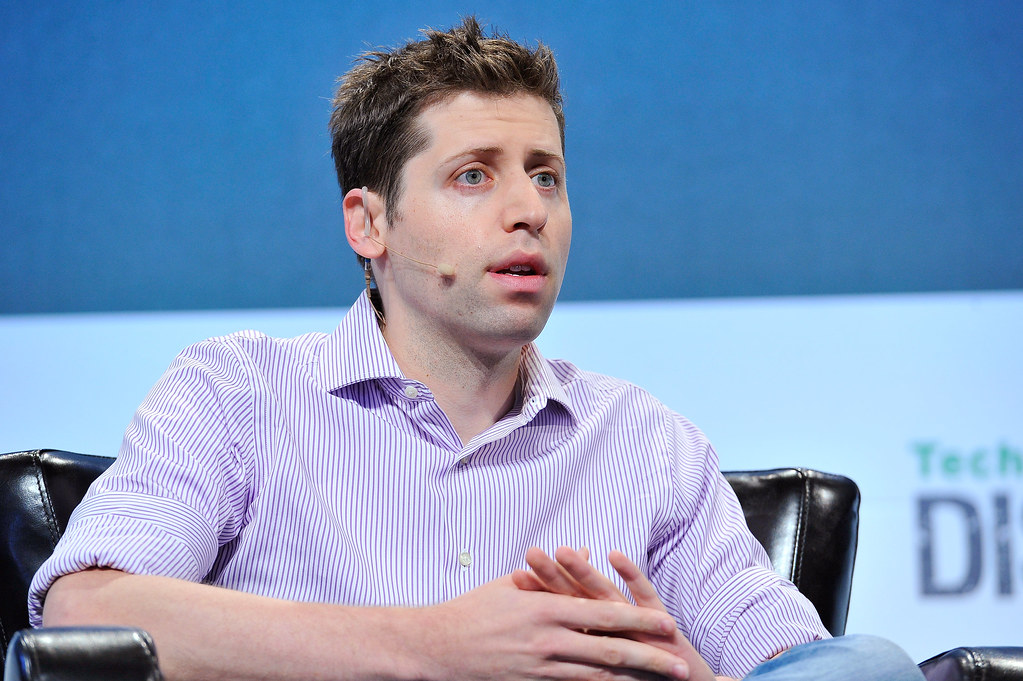
In a recent episode of Adam Grant’s “ReThinking” podcast, OpenAI CEO Sam Altman emphasized a pivotal shift in the skill set required for success in an artificial intelligence-driven world. According to Altman, the ability to ask great questions has become more valuable than merely possessing extensive knowledge. This perspective highlights the evolving landscape of work and communication in a technology-centric society.
The Art of Questioning
Altman articulated that great questioning can demonstrate empathy and establish credibility, essential traits for effective communication. He noted, “Figuring out what questions to ask will be more important than figuring out the answer.” This sentiment echoes the views of communication expert Matt Abrahams, who asserted that asking clear and concise questions is crucial in various professional contexts.
The implications of Altman’s observation extend beyond interpersonal communications; they also encompass the realm of artificial intelligence. The concept of prompt engineering—designing precise queries for AI chatbots—is gaining traction. This skill is increasingly in demand, with positions often offering salaries exceeding $100,000 per year. As organizations seek individuals adept at navigating AI systems, recruiters are prioritizing adaptability in job applicants. Employers are keen on finding candidates who can thrive in changing environments.
While concerns about AI taking over administrative tasks persist, Altman reassured that human intellect remains irreplaceable. He predicted that AI would foster innovative approaches to tackling complex issues. In alignment with this perspective, billionaire investor Mark Cuban highlighted curiosity, adaptability, and mental agility as vital skills for both present and future job markets. Cuban stated that these attributes are essential for navigating the ongoing evolution of work.
Adam Grant added context to Altman’s remarks by reflecting on the traditional emphasis on knowledge accumulation. He stated, “We used to put a premium on how much knowledge you had collected in your brain… Now, I think it’s much more valuable to be a connector of dots.” This shift suggests that synthesizing information and recognizing patterns may provide a competitive edge in today’s fast-paced environment.
OpenAI has not yet responded to inquiries from CNBC Make It regarding Altman’s statements. However, the episode, which was published last week, has sparked discussions about the changing dynamics of professional skills in an era increasingly influenced by artificial intelligence.
What The Author Thinks
The discourse initiated by Sam Altman on the changing dynamics of professional skills in an AI-driven world is both timely and profound. As technology increasingly infiltrates various aspects of our lives, the ability to harness and interact with AI through effective questioning and prompt engineering emerges as a critical skill set. This evolution calls for a reevaluation of educational and training programs to better prepare the workforce for a future where AI is a central component. Altman’s insights suggest a future where adaptability and creative problem-solving are more valuable than ever, urging professionals to cultivate these capabilities to remain relevant and successful in a rapidly changing world.
Featured image credit: Steve Jennings via Flickr
Follow us for more breaking news on DMR
Source: https://digitalmarketreports.com/news/32588/sam-altman-advocates-for-questioning-skills-in-ai-era/
